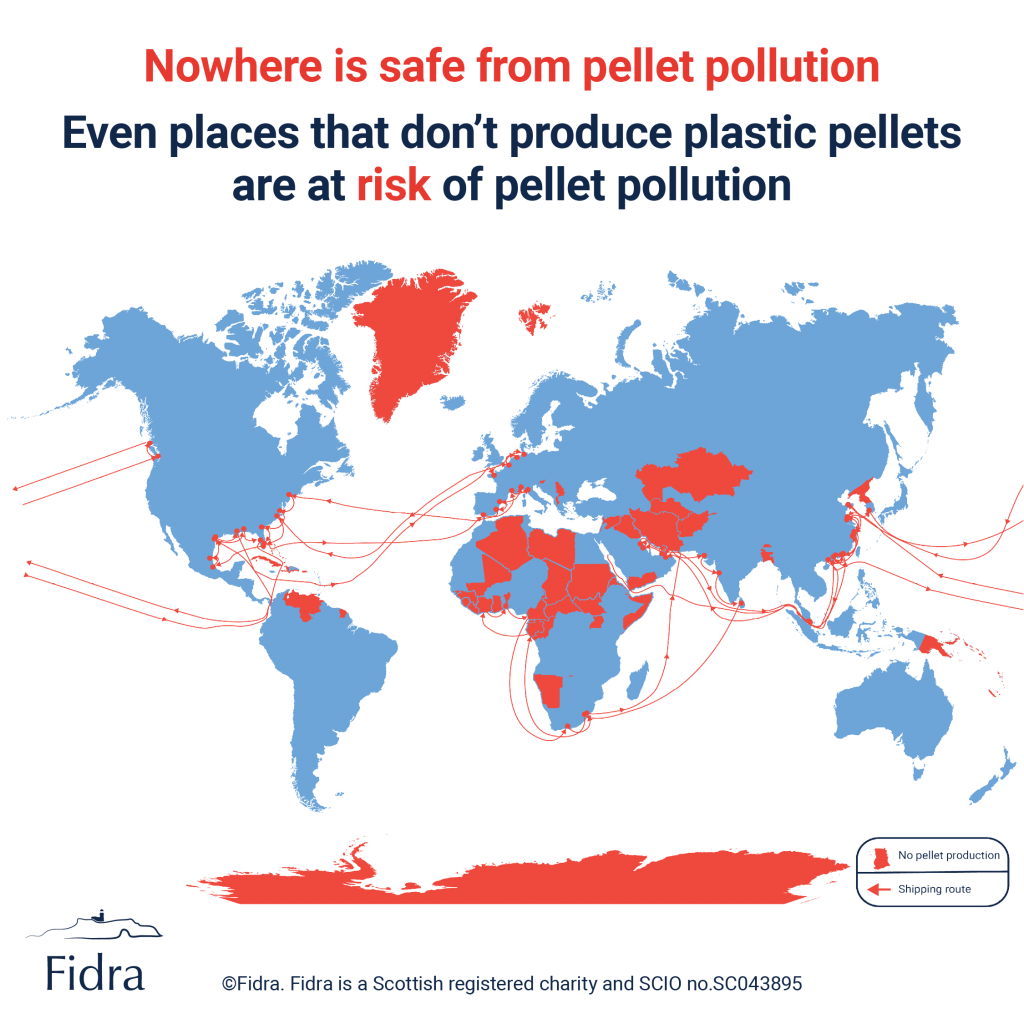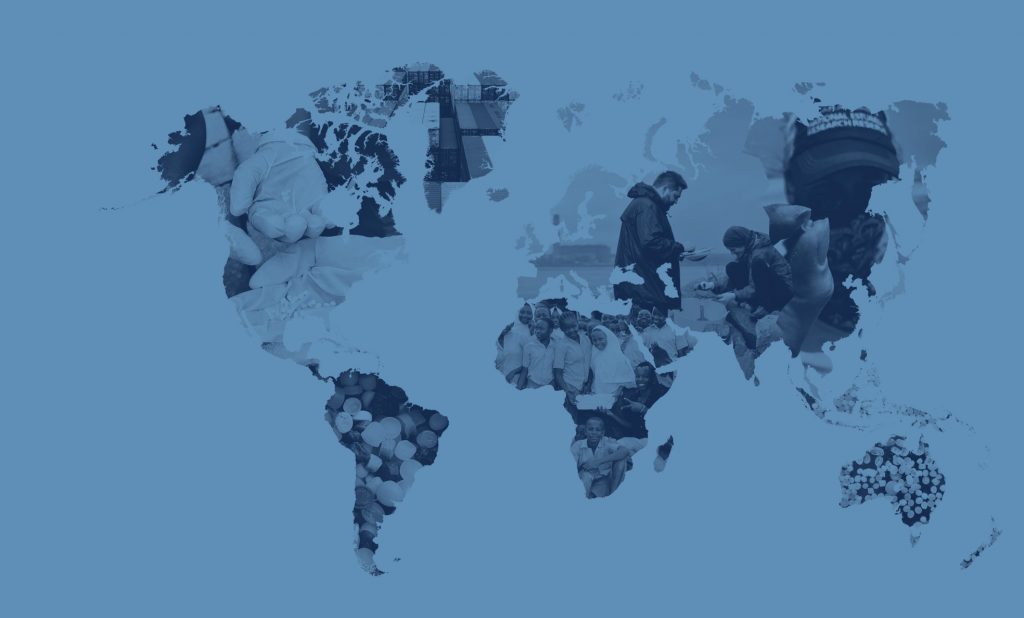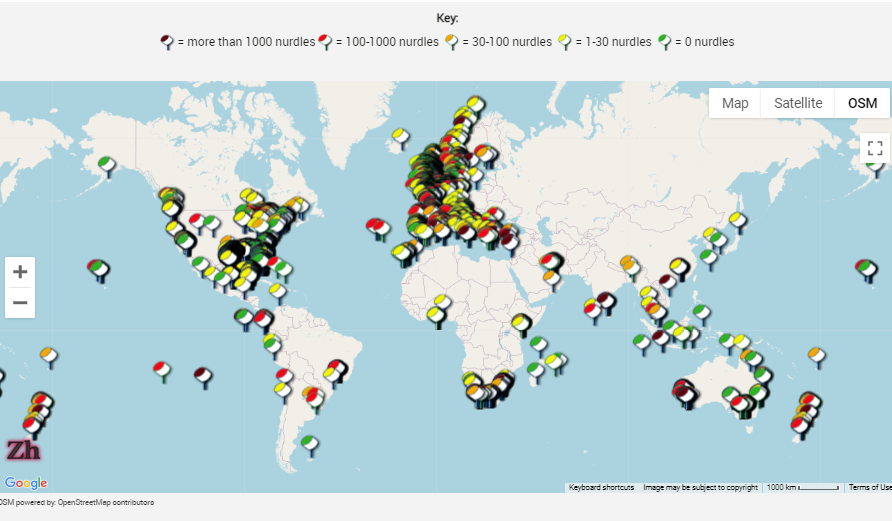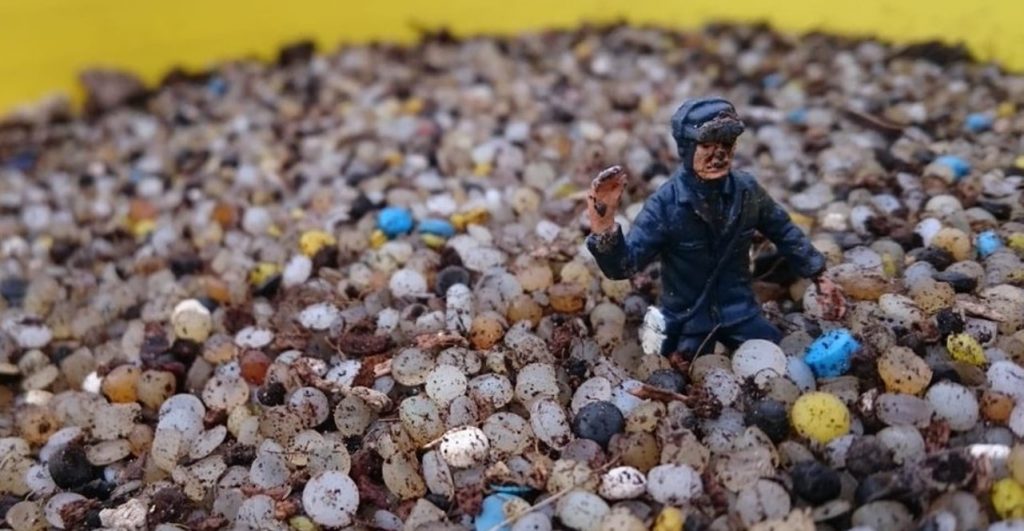Evidence and Innovation
Ongoing work to highlight the impact of pellet pollution on communities and ecosystems internationally continues to be vital to support all this solutions work.
Partnerships between organisations have brought community action to a broader audience, making sure voices of those impacted at a local level are heard by industry and decision-makers.
Below are just a few examples of how groups are working to gather data and build evidence of nurdle pollution.
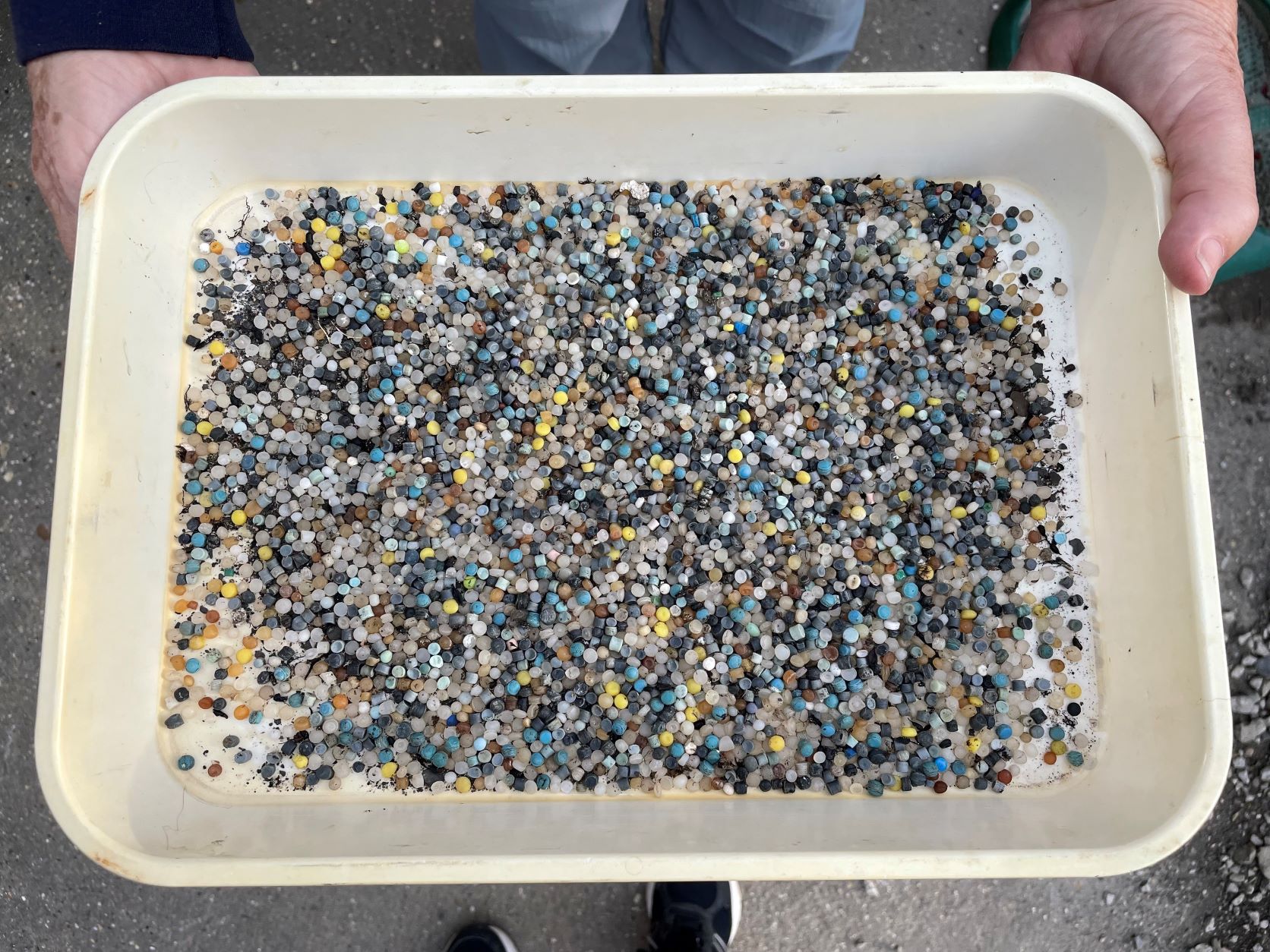
Widespread microplastic pollutant
The Great Nurdle Hunt is a community science project where individuals, communities and organisations search for plastic pellets (nurdles) and log their finds sharing photos and stories about the pollution. Other organisations working to gather evidence of nurdle pollution include Nurdle Patrol and academic institutions around the world
Communities impacted by plastic pellet pollution
Plastic pellet pollution is widespread but some communities are directly impacted by large numbers of nurdles these could be from a recent large scale spill, such as a shipping disaster, or the chronic build up of nurdles in coastal areas, or from local industrial activity. This can limit tourism, fishing and access and enjoyment of the local area impacting livelihood and well being. Initiatives such as the Great Nurdle Hunt and Toxic Tours document impacts with images and stories from around the world. While many community groups are working to evidence impacts working with the press, schools, scientists and governments.
Wildlife and plastic pellets
The impacts of plastic pellets on wildlife is evidenced by first hand accounts and academic research. For example following a shipping disaster in 2021 The Pearl Protectors have been finding fish and turtles washing up with high numbers of nurdles in their body. You can also find out more about the impacts of microplastic on wildlife on our blog
Chemicals and plastic pellets
Scientists around the world have been researching the chemicals on and in plastic pellets uncovering their toxic load. International Pellet Watch, IPEN as well as science journals are good source of information. Worryingly recycled pellets have been found to contain banned chemicals.
Health and microplastics
The evidence around the human health impacts of microplastic is still growing. Most of the research to date is not specific to plastic pellets (nurdles) however like other plastic in the environment nurdles contribute to the growing microplastic problem as they wear down and weather into smaller and small pieces of plastic. As the staring point for plastic products nurdles also contain a number of chemicals of concern to human health and the circular economy.
Evidence and innovation to support solutions
Community science projects, academic research and photographic evidence all help document plastic pellet pollution and build the case for change. Alongside this we need tools and techniques for monitoring nurdles, containing them and in some instances cleaning them up at highly contaminated sites. Here’s a selection of initiatives and if you know of more get in touch at info@fidra.org.uk
Resources:
These resources have been developed by organisations around the world to support research, evidence gathering and innovation to address nurdle pollution. They can be used with appropriate credits and unless stated are not created or endorsed by Fidra or the Great Nurdle Hunt.
Flora and Fauna International – Stemming the tide – putting an end to plastic pellet pollution – 2022 Report only
Overview of nurdle pollution and solutions 2022
Using academic evidence to support your messaging
Standards are needed to assure the plastic pellets are managed in a safer way and should be the minimum requirements for best practice across the supply chain.
Using nurdle data to support your messaging
Collecting evidence including your own data on the plastic pellet problem provides long-term evidence of the scale of the problem...
Mapping the Global Plastic Pellet Supply Chain
Standards are needed to assure the plastic pellets are managed in a safer way and should be the minimum requirements for best practice across the supply chain.
How to use nurdle data webinar
Organisations working on land based solutions
(Please note Fidra is not endorsing these organisations or their work we are simply helping you find people who may be working on nurdle pollution by listing them below)



If you are working on this issue and want to be listed please add yourself to our directory here

